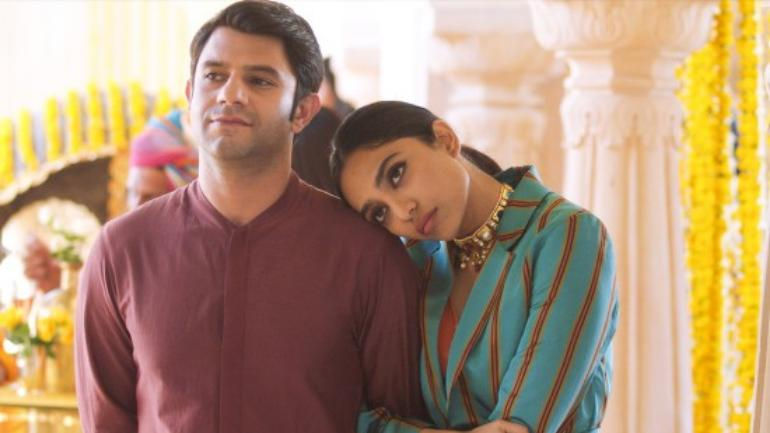Generation Gap: Role of Media
- Bisma
- May 27, 2019
- 3 min read
Updated: Jun 17, 2019
Generation Gap has always existed. However, the one between our generation and our parents seems to be much more. I feel that the media has had an important role in it. From personal observation, I have seen that most of the parents consume a different kind of media than us.

Their Whatsapp messages or Facebook feed is filled with religious and political posts/forwards like ‘India is BEST country and Jana Gana Mana is voted as best anthem according to UNESCO’, or other often fake information or propaganda or flower adorned good morning greetings and festival wishes. The conversation among the young generation is however filled with memes, jokes, etc.


A major gap is also seen in terms of TV shows or even channels. For eg., a large portion of the elder generation consumes daily soaps that revolve around ‘young protagonists’ whose life revolves around family or marriage. The moment the hero and heroine fall in love, their first thought is to get married and have kids. The heroine often starts off as ambitious but later becomes a bahu for responsibilities. Anyone who doesn’t adhere to these ideals is often portrayed as a villain, as a person who doesn’t obey their parents and of course has all the vile qualities.

The media we consume focusses on totally different stuff. Protagonists are career focussed, have a family that is either cool or mostly comprises of similar age friends. The shows evolve less around family drama and more around dreams. Characters aren’t completely negative or positive, they are grey. They are cool, young, hip, career driven and successful. They profess self-love. They necessarily don’t marry even after falling in love and instead opt for live-ins. Disobeying parents to be able to live life on your own terms isn’t portrayed as a negative thing. It is usually the outcome of necessity. I don’t deny that some parents are indeed ‘cool’ and watch similar content but it is limited to only urban/metropolitan areas and still, the margin remains limited.

Another point to note is that cis-het relationships are considered the norm. The Indian television did try portraying a transwoman's character on screen with Viacom 18's Colours TV's program: Shakti but has managed to convert it into a total farce and reduced it another saas-bahu drama. Characters are rarely homosexual, and if so they are reduced to comedic devices because homosexuality is 'funny'.

However, with shows like Zoya Akhtar's Made in Heaven and even, Alt Balaji's Romil and Juggal, the younger generation views homosexuality with an open and liberated mind. The struggles of the LGBTQ+ are no longer made fun and are portrayed realistically in the Indian Web series space.

So now we have a whole generation that is obsessed with their children becoming and behaving like the sanskaari protagonists they love to watch on TV. They are incapable of understanding why their daughter/son can’t be like some Rahul and Priya ready to get married as per their parents' wishes and what is all this hullabaloo over career or passion or even, finding true love. Meanwhile, the kids are left trying to explain their struggles in this fickle economy and that how they want to break the chains instead.
The content we consume has the power to modify our behaviour and thought process. It also has the power to create a divide between the various narratives and ideologies. It is essential for production houses to slowly but effectively introduce the older generation to the concept of dreams, equality and sexuality and to tweak their content accordingly, just a bit. There is a need to bridge the gap and establish the balance through viewing media between the young and the old.
Agree or disagree? Something you think I’ve missed?
Do comment and let me know your opinions.

Comments